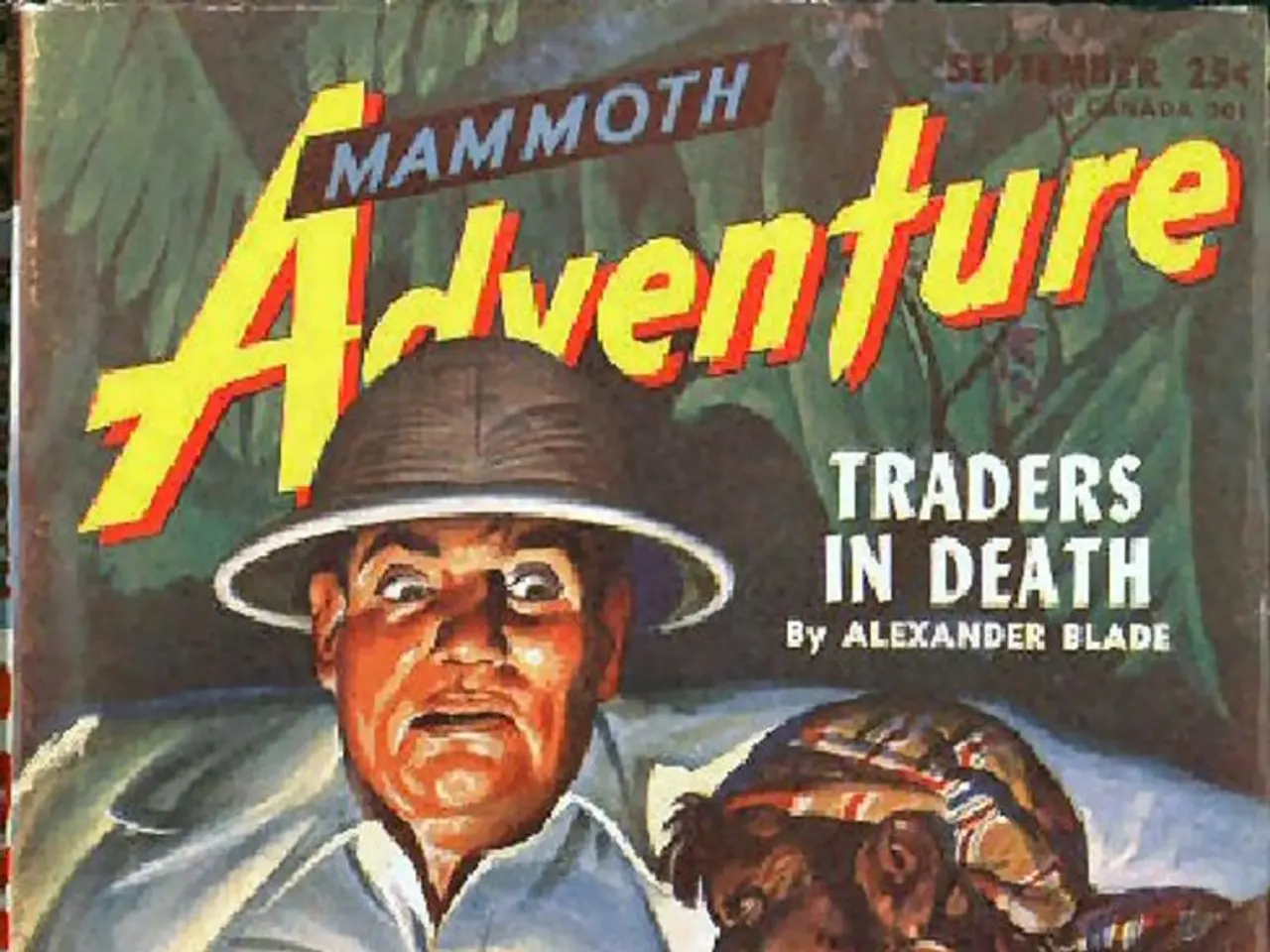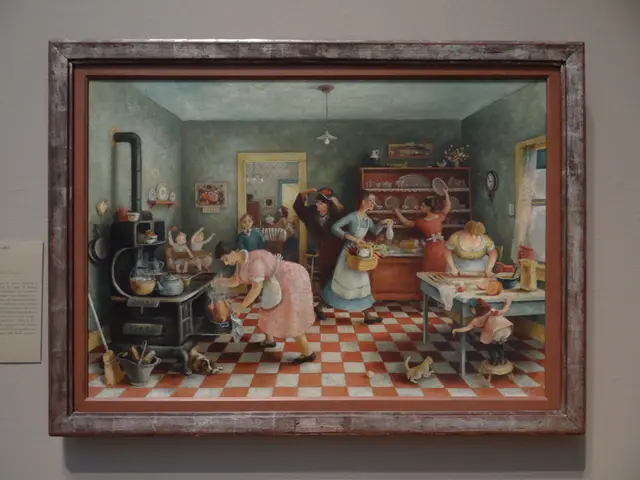Psychologist Carl Jung Explored the Human Psyche and Developed Ideas Such as Archetypes and Individuation
Carl Gustav Jung, a Swiss psychiatrist and psychoanalyst, is a renowned figure in the field of psychology. Born in 1875, he earned his medical degree from the University of Basel in 1900. Jung later founded analytical psychology, a branch of psychology that emphasises the importance of the individual's subjective experience and the role of the unconscious mind.
Jung's work delved deep into the realm of the unconscious, where he discovered the concept of the collective unconscious. This level of the unconscious mind, according to Jung, is a source of universal patterns, symbols, and thought forms inherited from ancestors and shared across cultures. The collective unconscious contains universal and inherited psychological structures known as archetypes.
Archetypes, as introduced by Jung, are pre-existent forms or symbols that surface in human consciousness across cultures. Examples of archetypes include the Great Mother, the Hero, the Trickster, and the Wise Old Man. These symbolic patterns or themes represent universal human experiences and concerns, such as birth, death, love, and spiritual awakening.
Jung's book, "The Archetypes and the Collective Unconscious" (1959), explores these concepts in depth. He also delved into the phenomenon of UFO sightings in his book, "Flying Saucers: A Modern Myth of Things Seen in the Skies" (1959), approaching the subject from a psychological perspective, examining the symbolic significance of UFO sightings rather than focusing on their physical existence.
Jung's works, including "Psychological Types" (1921), "Modern Man in Search of a Soul" (1933), "The Red Book" (a psychological diary exploring his unconscious), and "Man and His Symbols" (1964, published posthumously), have been extensively studied and have had a lasting impact on our understanding of the human psyche.
"The Red Book" by Carl Gustav Jung is a seminal work in the field of psychology, discussing the role of the unconscious mind in creativity. Works like those by Lorenz Jung specifically focus on how archetypes manifest in daily life, culture, and society, exploring their psychological and social impacts in depth.
Jung worked as a psychiatrist at the Burghölzli Psychiatric Clinic, a lecturer at the University of Zurich, and later as a professor of medical psychology at the Swiss Federal Institute of Technology. He remained an influential figure in the field of psychology, with his ideas and theories continuing to shape the way we understand the human mind.
Numerous books have been written about Carl Jung, focusing on his life, work, and ideas. These include "Jung: A Biography" by Deirdre Bair, "The Cambridge Companion to Jung" edited by Polly Young-Eisendrath and Terence Dawson, and "Labyrinths: Emma Jung, Her Marriage to Carl, and the Early Years of Psychoanalysis" by Catrine Clay. These books provide a comprehensive look into the life and work of this influential psychologist.
The term 'daimonic' in Jung's work originates from the ancient Greek conception of a 'daimon' - a supernatural being or spirit. Daimonic experiences, as proposed by Jung, refer to encounters or events where the boundary between one's inner mental or emotional state and external objective reality becomes blurred. These experiences, Jung believed, play a crucial role in the process of individuation, which is the journey of personal growth and self-discovery that leads to the development of a fully integrated and mature personality.
In conclusion, Carl Gustav Jung's work has significantly contributed to our understanding of the human psyche. His concepts of the collective unconscious, archetypes, and daimonic experiences continue to be studied and debated in the field of psychology. His books, including "The Red Book" and "The Archetypes and the Collective Unconscious", remain seminal works in the field.








